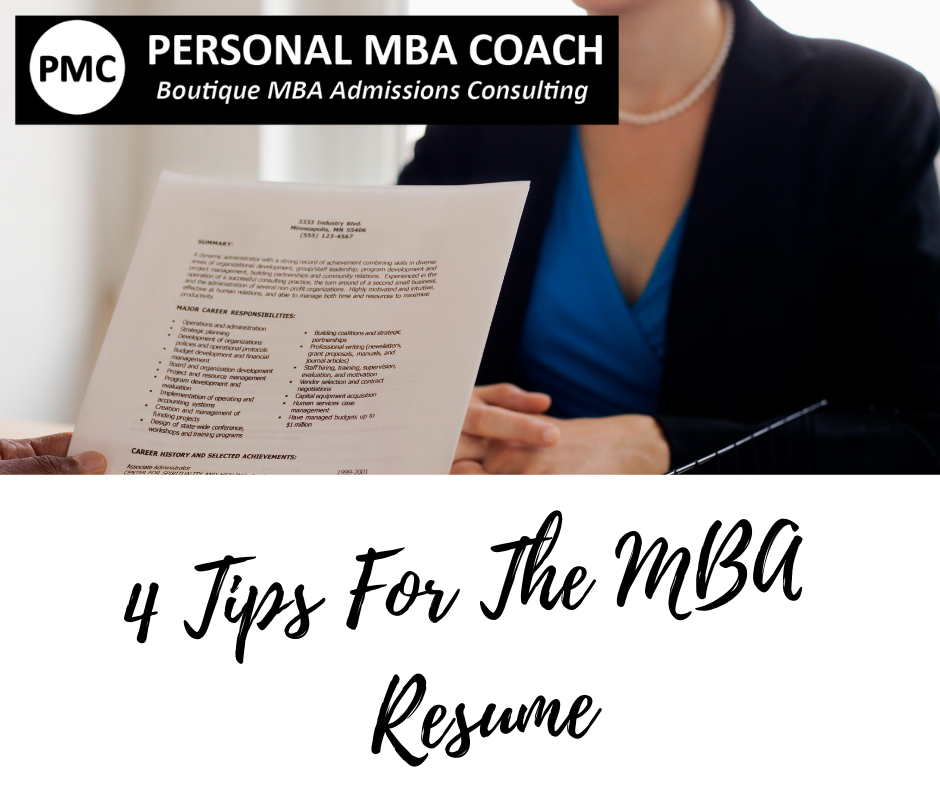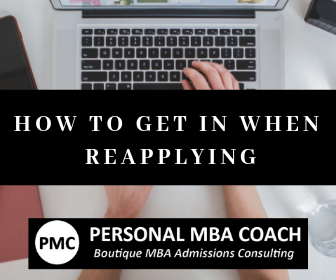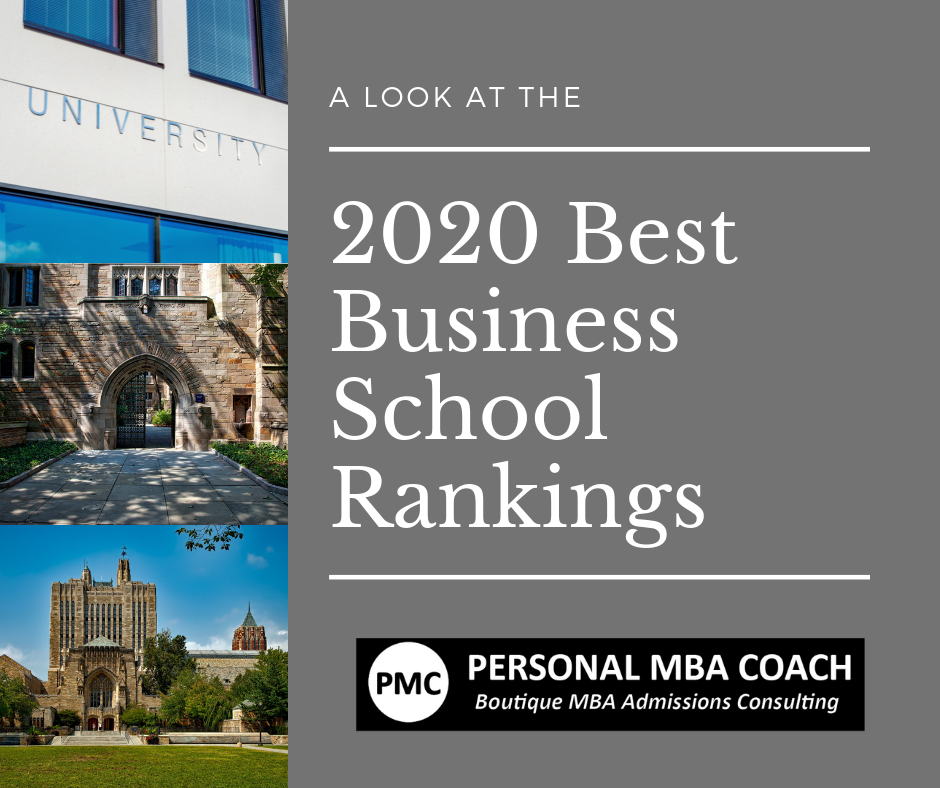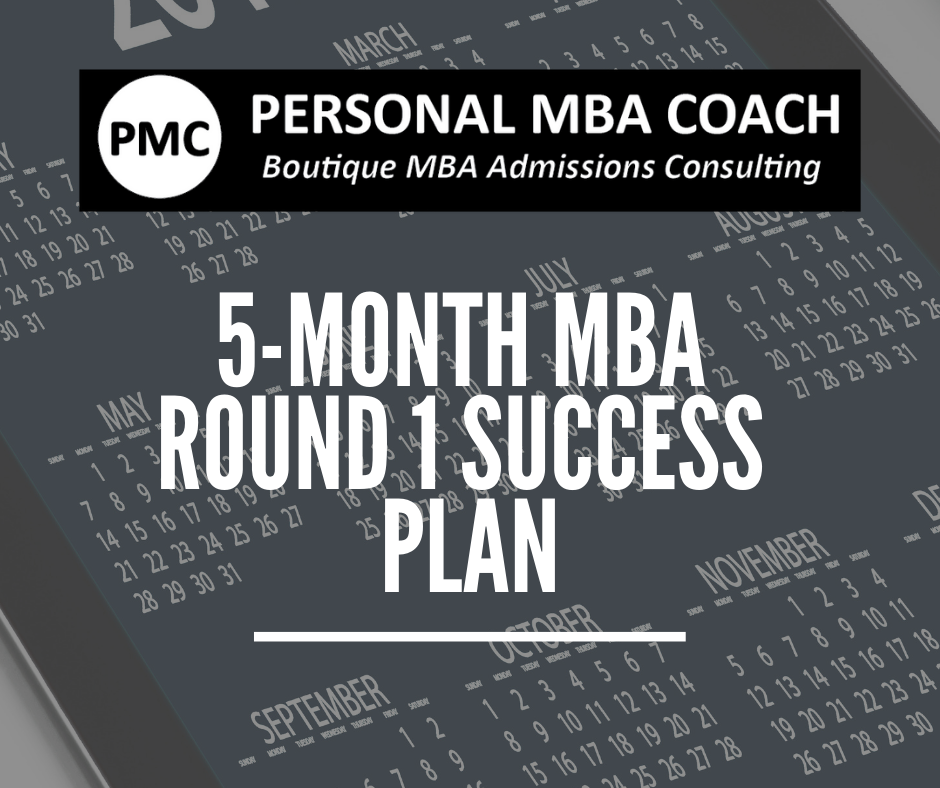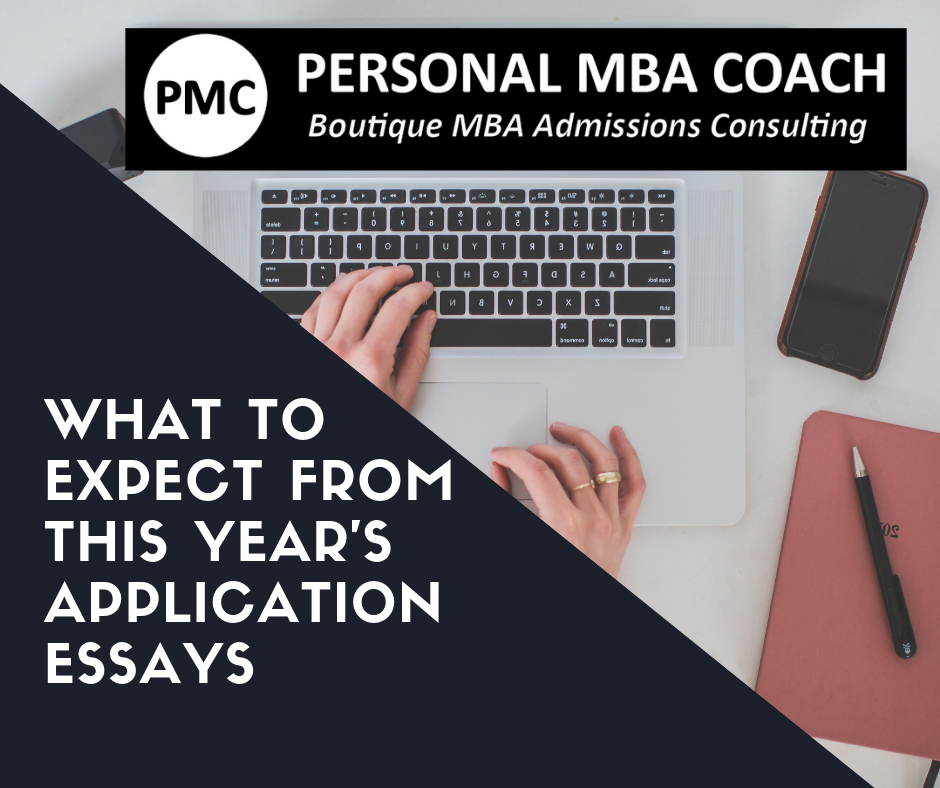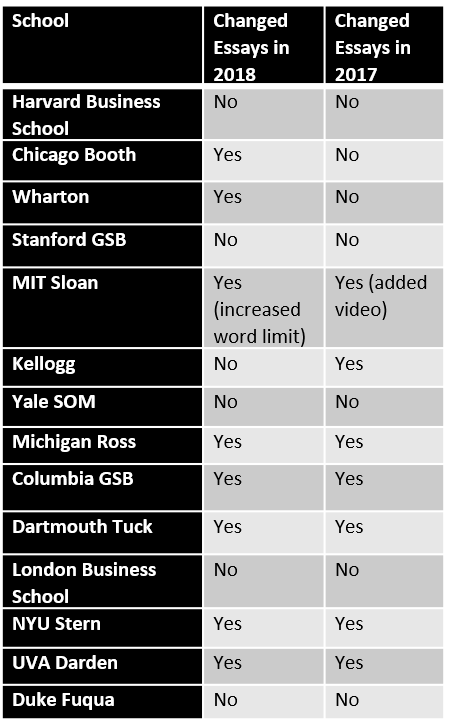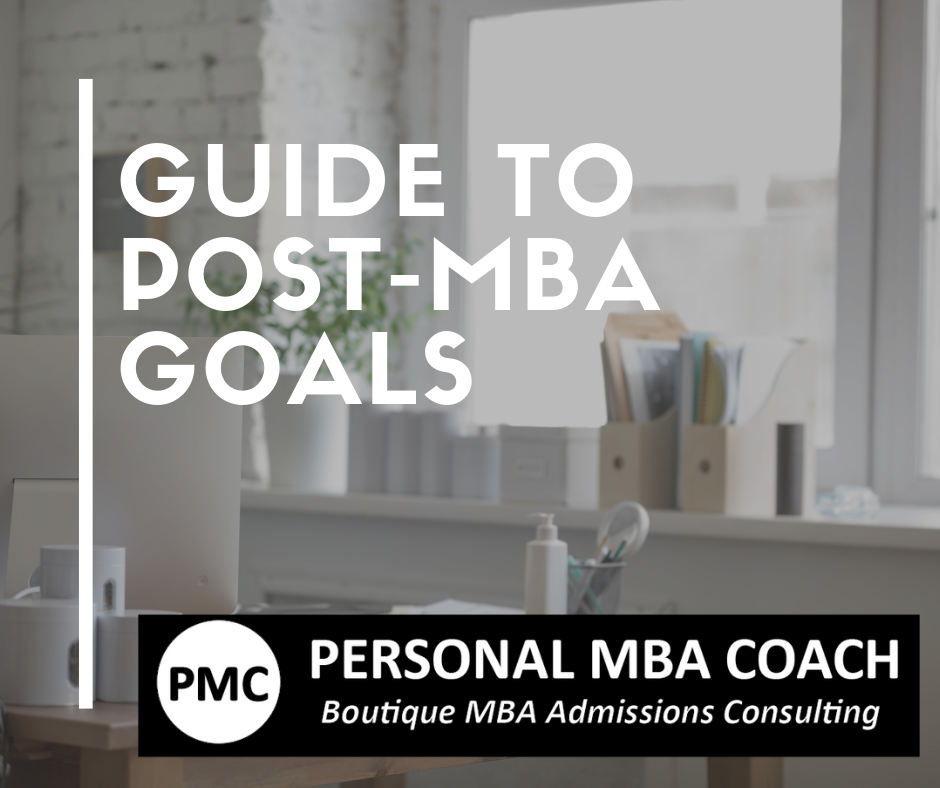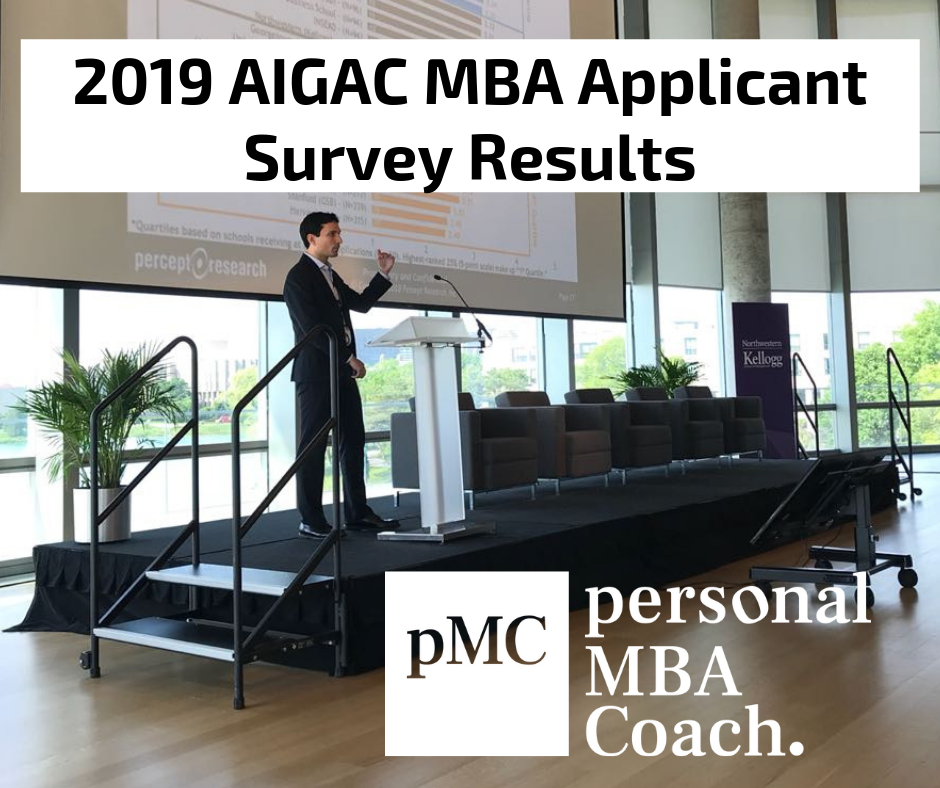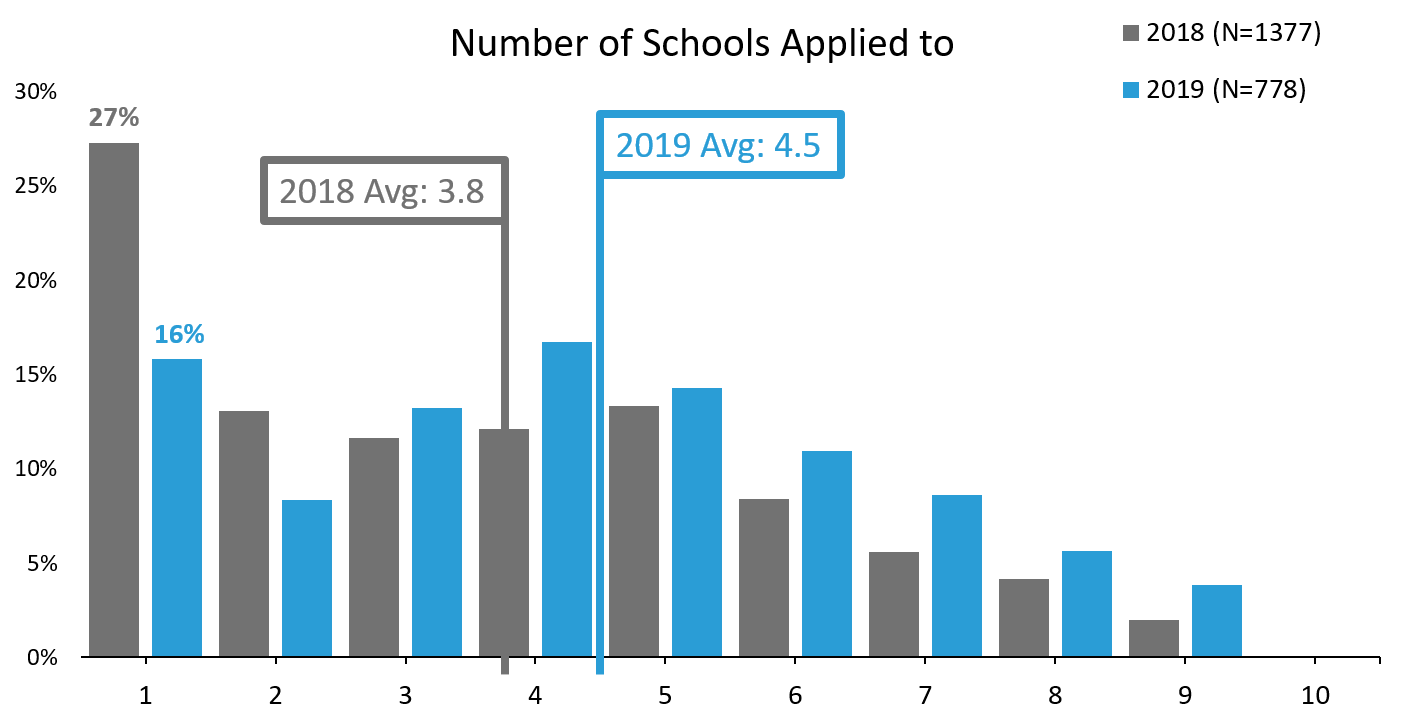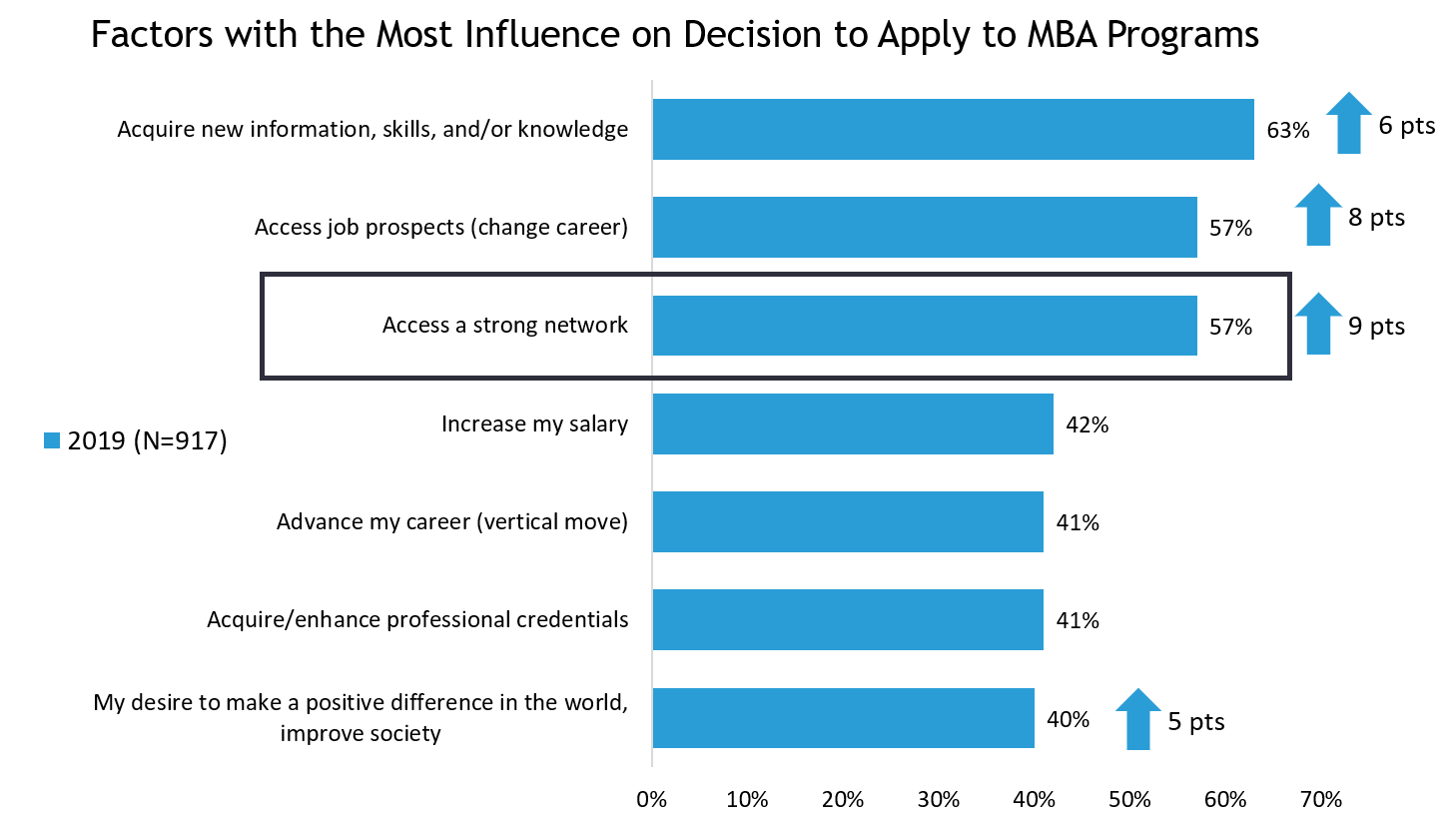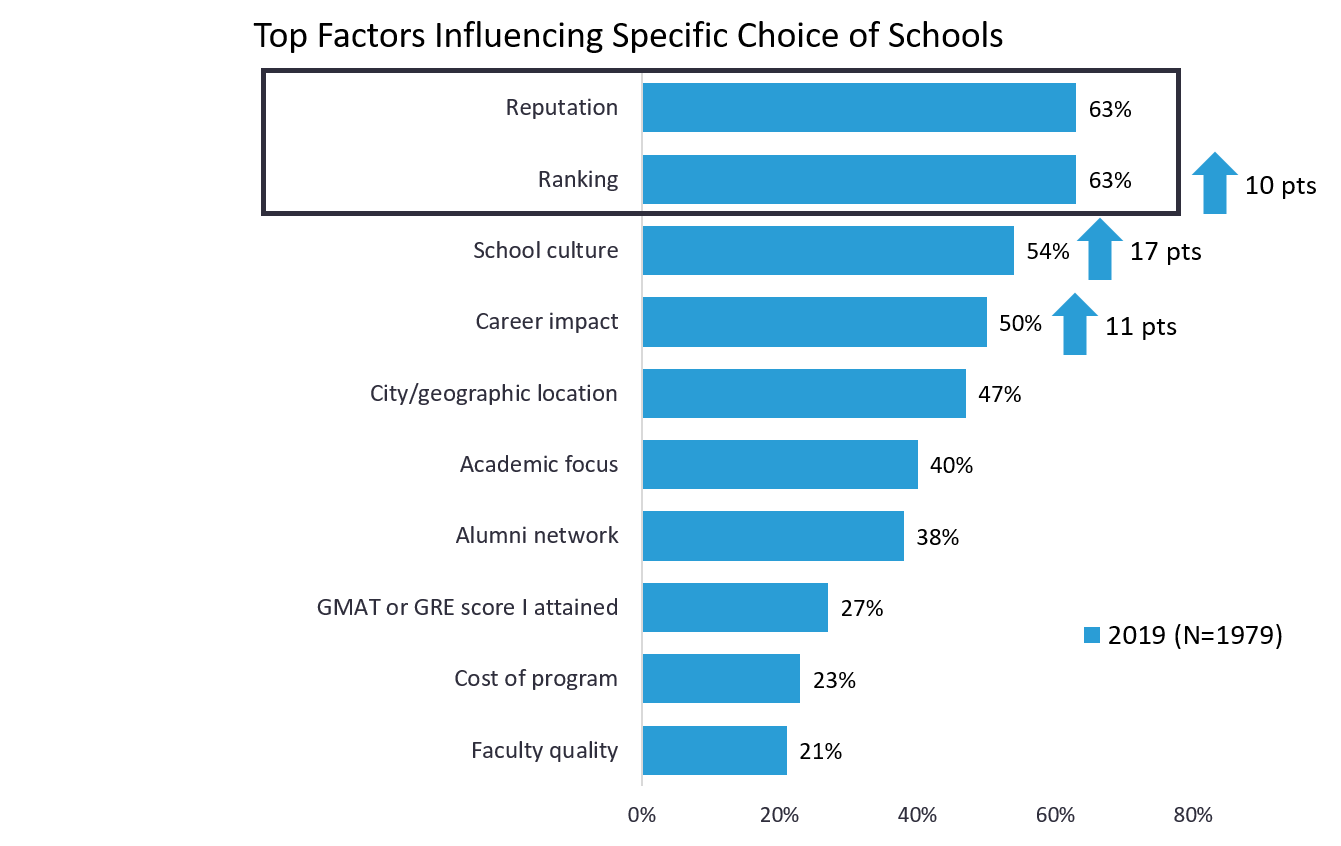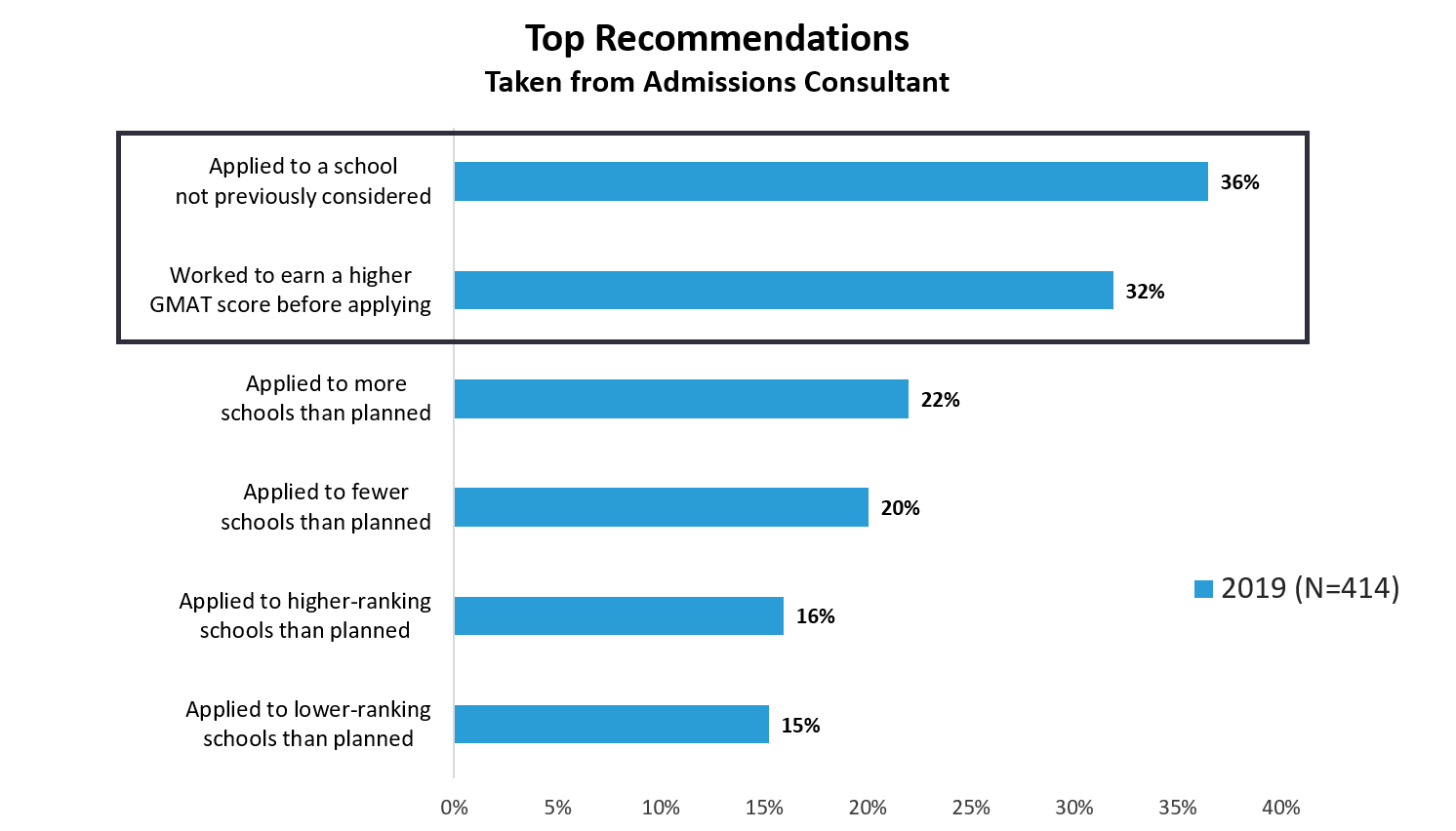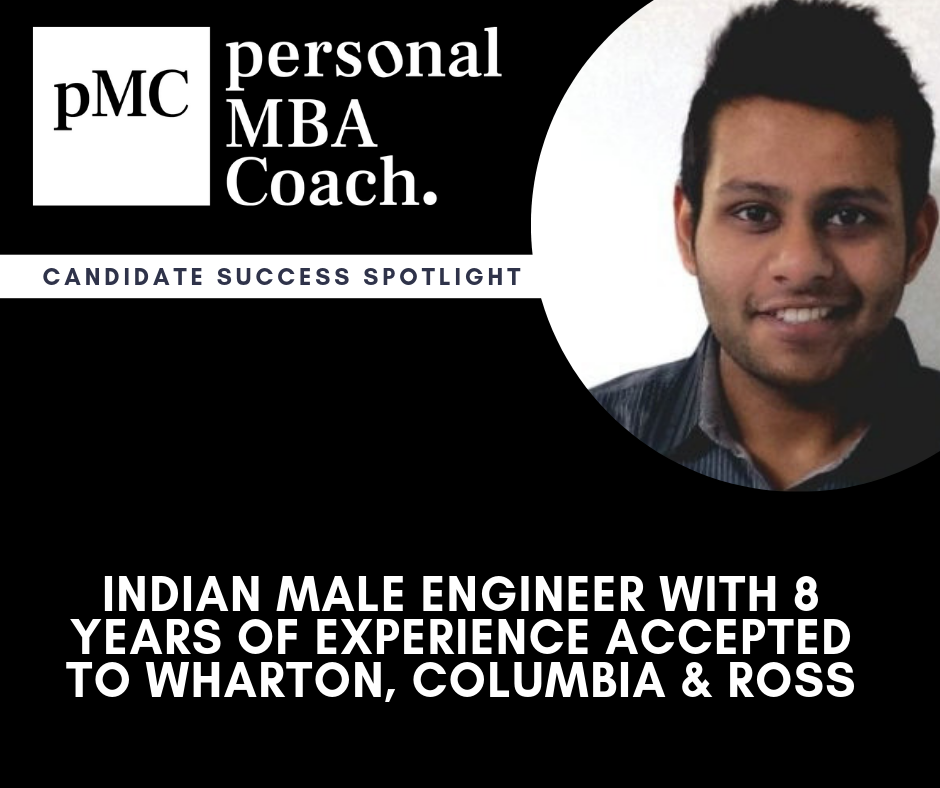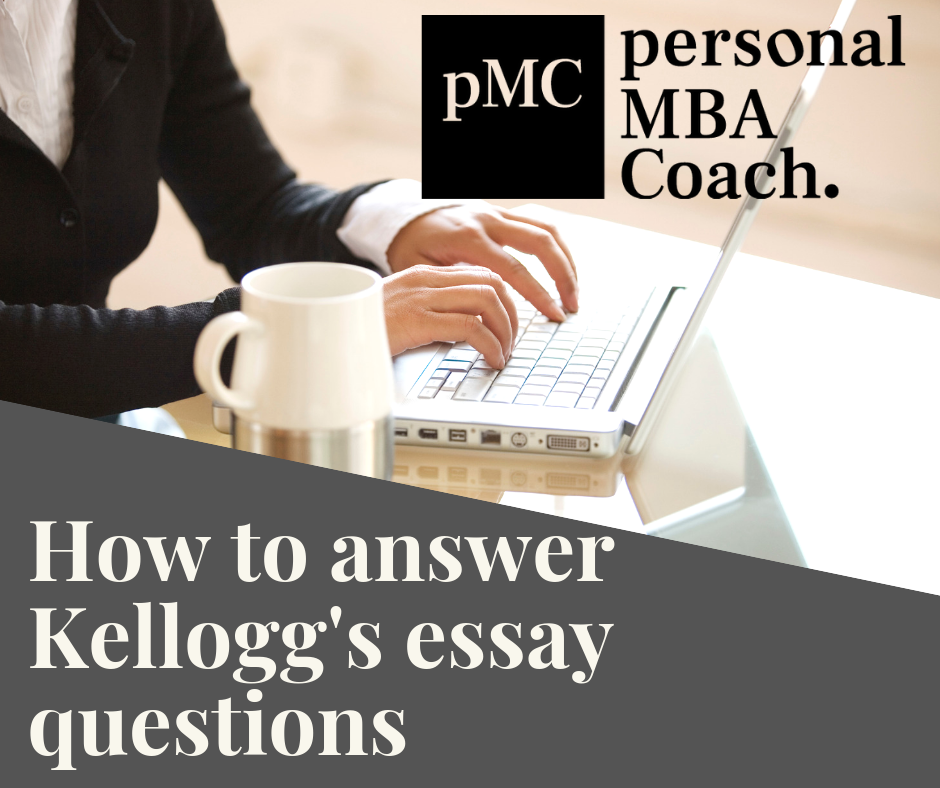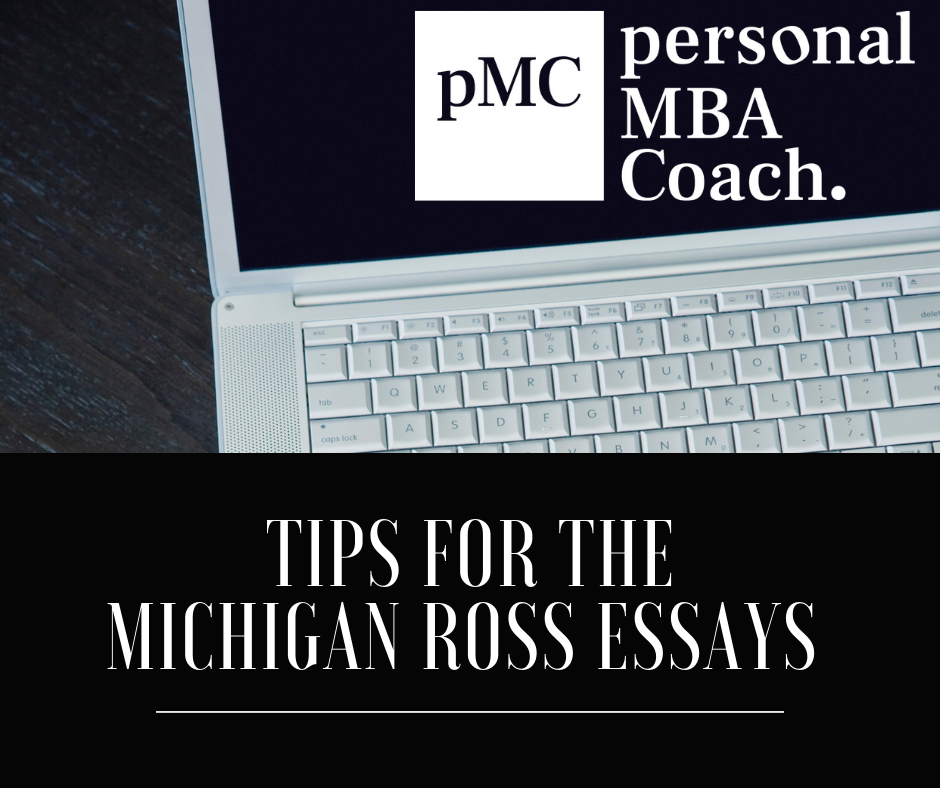Events & Promotions
|
|

GMAT Club Daily Prep
Thank you for using the timer - this advanced tool can estimate your performance and suggest more practice questions. We have subscribed you to Daily Prep Questions via email.
Customized
for You
Track
Your Progress
Practice
Pays
Not interested in getting valuable practice questions and articles delivered to your email? No problem, unsubscribe here.
- Nov 20
07:30 AM PST
-08:30 AM PST
Learn what truly sets the UC Riverside MBA apart and how it helps in your professional growth - Nov 20
10:00 AM EST
-10:30 AM EST
If you’re applying to Columbia, NYU Stern, or Yale SOM, you need more than strong stats. Each school defines “leadership” differently, and your essays must reflect that. Join Sia Admissions founder, Susan Berishaj on November 20th - Nov 12
01:00 PM EST
-11:59 PM EST
Get expert MBA strategy, instant essay feedback, and personalized advice on your entire application. Join My Admit Coach, the AI-powered MBA admissions platform built on 10K+ successful application docs for HBS, Stanford GSB, MIT and other top programs. - Nov 19
09:00 AM PST
-10:00 AM PST
What’s in it for you- Live Profile Evaluation Chat Session with Jenifer Turtschnow, CEO ARINGO. Come with your details prepared and ARINGO will share insights! Pre-MBA Role/Industry, YOE, Exam Score, C/GPA, ECs Post-MBA Role/ Industry & School List. - Nov 19
10:00 AM EST
-01:00 PM EST
Get expert MBA strategy, instant essay feedback, and personalized advice on your entire application. Join My Admit Coach, the AI-powered MBA admissions platform built on 10K+ successful application docs for HBS, Stanford GSB, MIT and other top programs. - Nov 19
11:00 AM PST
-12:00 PM PST
Round 2 is here — and it’s your chance to make your MBA dream happen! Join GMAT Club’s LIVE discussion with two top experts from The Red Pen, Gunjan Jhunjhunwala and Natasha Mankikar, as we break down everything you need to know - Nov 20
09:00 PM IST
-10:00 PM IST
Join our free expert-led Essay Workshops to discover how to choose impactful stories, highlight your core values, and align your background with each school’s distinct culture, making every word truly count. - Nov 21
08:30 AM EST
-09:15 AM EST
Get the inside scoop on what makes Emory’s Goizueta Business School great, learn how you can present a strong MBA application, and connect with an Admissions Director to get your questions answered. - Nov 21
09:30 PM IST
-10:30 PM IST
Learn how to craft powerful, authentic essays by mastering the 3 “WHYs” every top MBA program looks for: Why MBA, Why Now, and Why This School. - Nov 24
08:00 PM PST
-09:00 PM PST
Inquire for a free profile evaluation and guarantee statement for possible admits and scholarships!
PersonalMBACoach
 Expert
Expert
Personal MBA Coach Founder
Joined: 11 Sep 2010
Last visit: 19 Nov 2025
Posts: 3,756
Own Kudos:
Given Kudos: 11
Status:Boutique MBA Admissions Consulting from a Wharton graduate - Helping applicants get into top global business schools since 2008
Affiliations: Wharton, MIT
Location: United States (NY)
Overall Client Admit Rate: 96%
Expert reply
Kudos
Bookmarks
| FROM Personal MBA Coach: Should You Apply During Round 3? |
 Now that nearly all round 2 deadlines have past for full-time MBA programs, you may be wondering if it is too late to join the class of 2021. Gaining admittance during round 3 can be a challenge. Given this, many candidates ask me if they should apply during round 3 or wait until next year. If you are wrestling with this decision, I suggest you ask yourself a few questions, largely around WHY you did not submit your application during earlier rounds. The answers to these questions will be a major factor in determining whether you should apply during round 3 or begin to plan for round 1 apps in the fall. Did extenuating circumstances prevent you from applying during earlier rounds? (Examples may include military commitments or significant personal or medical challenges.) If so, round 3 may be an option. If a candidate was unable to submit during earlier rounds due to circumstances outside of his control, he will not be penalized for waiting until round 3. However, keep in mind that with limited seats left the competition will still be fierce. Do you have an extraordinary profile? Round 3 is the most difficult round, by far! To succeed, you should have a profile that is well above average in multiple ways. If you do not have a strong explanation for waiting, it is even more crucial that you have an application that will be hard to turn down with above average test scores, grades, professional experience and more! Schools have spaces for round 3 applicants, but the onus will be on you to convince them that you deserve a seat. If you just received a large promotion or sold your company, round 3 may be your friend. Did you intend to apply during round 2 but did not finish in time? Were you concerned that your application was not yet strong enough to submit? If you answered yes to one or both of these questions, there is a strong chance I would recommend that you wait and plan on applying to business school this fall. Whatever it was that prevented you from completing your best application is not likely to have changed much in the last few months. Further, given the higher standard round 3 applicants are held to, being successful during round 3, particularly when you did not have a good reason for waiting, is unlikely. While we get applicants in during round 3 every year, unless you answered yes to one of my first two questions, I would spend the next few months enhancing your profile and getting a jump start on round 1 applications. It is not too early to begin and we are working with a lot of applicants already for the fall! Unsure how to get started? Read my January MBA Kick-Start guide. There are many steps you can and should be taking now to ensure success next year! Were you rejected during earlier rounds? In this case, I would advise you to either broaden your list CONSIDERABLY or wait another year. Applying to similar level or even slightly less competitive schools during round 3, after a rejection during round 1 and/or round 2 is not your best bet. Instead, follow our early planning tips and prepare to win over admissions committee members the second time around! Founded by a Wharton and MIT graduate, regularly helps applicants navigate their applications each year. Our comprehensive support includes mock interviews with a team of former M7 interviewers and customized GMAT/GRE tutoring with tutors who scored in the 99th percentile. has been guiding candidates through all aspects of the MBA application process for over 11 years with a 96% success rate. Call us today at +1 617-645-2424 or email for a free consultation on your profile along with how we can help make your MBA dreams a reality! Sign up now and lock in rates before they increase this spring! You may also like these other blog articles: Planning Ahead For The GMAT/GRE Expanding Your Network For Long-Term Success |
This Blog post was imported into the forum automatically. We hope you found it helpful. Please use the Kudos button if you did, or please PM/DM me if you found it disruptive and I will take care of it.
-BB
PersonalMBACoach
 Expert
Expert
Personal MBA Coach Founder
Joined: 11 Sep 2010
Last visit: 19 Nov 2025
Posts: 3,756
Own Kudos:
Given Kudos: 11
Status:Boutique MBA Admissions Consulting from a Wharton graduate - Helping applicants get into top global business schools since 2008
Affiliations: Wharton, MIT
Location: United States (NY)
Overall Client Admit Rate: 96%
Expert reply
Kudos
Bookmarks
| FROM Personal MBA Coach: Is There Another Degree You Should Consider? |
 While the MBA is the most commonly discussed master’s level degree offered at elite business schools, there are an increasing number of other degree options becoming available for those looking for an Ivy League business education. In fact, 3 of the M7 schools now offer non-MBA master’s level degree programs. These degrees are in addition to the specialized, dual degree and Executive MBA programs available. If you look beyond the M7 schools, there are countless programs available, with more arising each day. For example, just last week NYU Stern announced a new Online Master of Science in Quantitative Management Program. Below we have listed a selection of options currently available. Non-MBA Degrees Offered at M7 Business Schools MIT Sloan Master of FinanceMaster of Business Analytics Kellogg MS in Management Studies Columbia Business School MS in Financial EconomicsMS in Marketing ScienceMS in Accounting and Fundamental AnalysisMS in Management Science and EngineeringMS in Business Analytics Beyond The M7 Berkeley Haas Master of Financial Engineering Michigan Ross Master of AccountingMaster of ManagementMaster of Supply Chain Management Duke Fuqua Master of Management Studies: Foundations of BusinessMaster of Management Studies: Duke Kunshan UniversityMaster of Quantitative Management: Business AnalyticsMaster of Quantitative Management: Health Analytics NYU Stern MS in AccountingMS in Business Analytics and Business ComputingMS in Quantitative FinanceMS in Global FinanceMS in Risk Management UVA Darden MS in Business Analytics UCLA Anderson Master of Financial EngineeringMaster of Science in Business Analytics Carnegie Mellon Tepper Master of Science in Business AnalyticsMaster of Science in Product ManagementMaster of Integrated Innovation for Products and ServicesMaster of Science in Computational Finance So, what does the rise of such programs mean for MBA hopefuls? These degrees are great options suitable for MBA hopefuls who are not quite ready for the academic rigor of an MBA program. There are many reasons for this including: Weaker quantitative skillsLimited analytical courseworkLower GPA or testing scores For such candidates, a master’s degree from a leading business school can be a great way to beef up your profile and analytical skills, preparing you to tackle an MBA program in the future or secure the career advancement you are looking for. While such a degree will not provide the same professional boost that an MBA program will, it will offer strong career opportunities, particularly for those looking for a highly specialized position. These non-MBA master’s programs are also great early career options for those candidates who lack the professional experience necessary for an MBA. If you are looking to get ahead at work but have fewer than 3 years of professional experience, a shorter more entry level program could be a solid option. Upon completion of such a program, candidates can make career leaps positioning them for either long-term success or acceptance into a top MBA program. Finally, such programs can be attractive for some international candidates. Many of our applicants from outside of the US seek out some of these programs because they may offer a 3 year OPT visa, easing any immigration concerns. Each year, we help candidates advance their careers by pursuing a variety of degrees. Many will apply to some of these master’s programs and MBA programs before seeing which and how many they get into. Founded by a Wharton and MIT graduate, regularly helps applicants navigate their applications each year. Our comprehensive support includes mock interviews with a team of former M7 interviewers and customized GMAT/GRE tutoring with tutors who scored in the 99th percentile. has been guiding candidates through all aspects of the MBA application process for over 11 years with a 96% success rate. Call us today at +1 617-645-2424 or email for a free consultation on your profile along with how we can help make your MBA dreams a reality! Sign up now and lock in rates before they increase this spring! You may also like these other blog articles: A Look At The 2019 FT MBA Rankings 5 Tips For Acing The MBA Interview Want more MBA Application Tips? Join our webinar: 8 Ways To Set Yourself Up For Application Success on 2/25 @8pm ET. |
This Blog post was imported into the forum automatically. We hope you found it helpful. Please use the Kudos button if you did, or please PM/DM me if you found it disruptive and I will take care of it.
-BB
PersonalMBACoach
 Expert
Expert
Personal MBA Coach Founder
Joined: 11 Sep 2010
Last visit: 19 Nov 2025
Posts: 3,756
Own Kudos:
Given Kudos: 11
Status:Boutique MBA Admissions Consulting from a Wharton graduate - Helping applicants get into top global business schools since 2008
Affiliations: Wharton, MIT
Location: United States (NY)
Overall Client Admit Rate: 96%
Expert reply
Kudos
Bookmarks
| FROM Personal MBA Coach: Personal MBA Coach’s MBA Decision Making Guide |
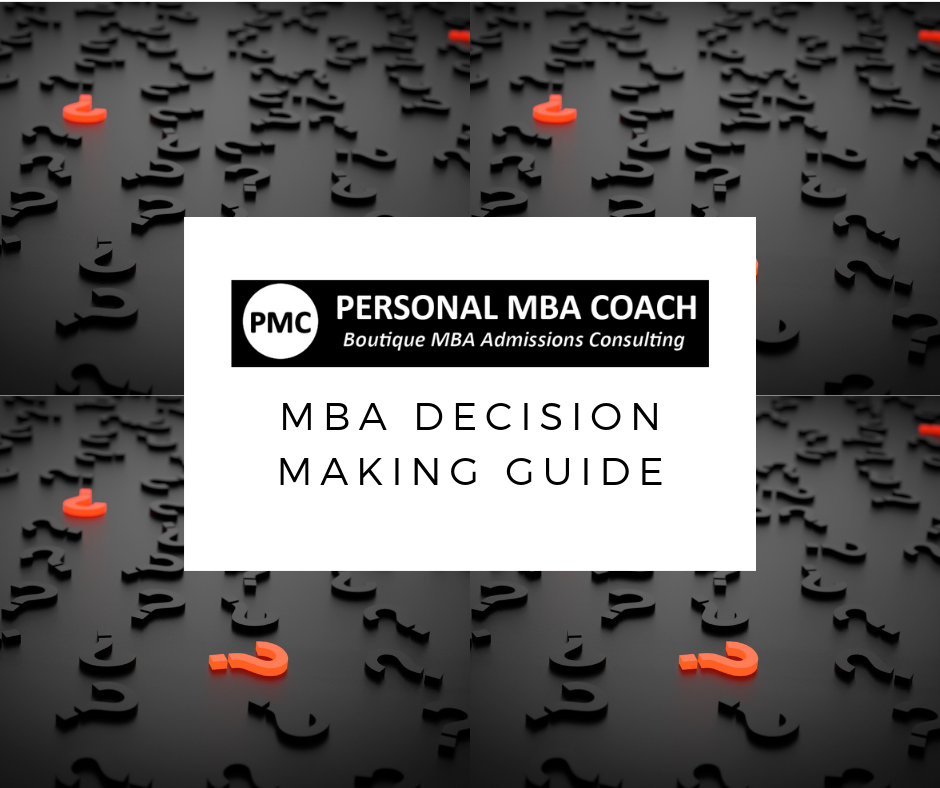 Considering an MBA? There is no shortage of decisions to be made. When should you go? Which program type is the best fit: Full-time? Part-Time? EMBA? Which schools should you apply to? Naturally, there are no easy answers to any of these questions. Personal MBA Coach is here to help with our free MBA Decision Making Guide eBook, guiding you through 3 key decision making steps. Below is a preview of what is included in this guide! Decision 1: When Should I Apply? If you are just beginning the process and wondering if now is the right time to apply, ask yourself if one or more of these statements rings true for you. You already have 2-4 years of pre-MBA experience. You have reached a plateau at work. You are ready to switch careers. Your personal situation makes it a good time to become a student. If so, this can be a good sign that you should pull the trigger sooner vs. later. Decision 2: Which Program Type Is Best For Me? Our guide covers 4 key MBA program options and helps you to assess which is right for you: 1) Full-Time MBA – Most common program for mid-career professionals and those who value an internship and/or are looking to switch careers. 2) Part-Time MBA – Perfect for those who are unable to take time off from work and do not require an internship.3) Executive MBA – Tailored towards experienced professionals with strong leadership experience. In some cases, however, applicants with 5-7 years of experience can go to certain EMBA programs.4) Early Action/Deferral Programs – An option for current college students looking to get a jump start on their MBA applications. An increasing number of schools are offering such a program. Decision 3: Which Schools Should I Apply To? Arguably the hardest decision you will make, our MBA Decision Making Guide dedicates 3 sections to this very question. Included are our thoughts on how to use (and how not to use) MBA rankings and our 6 tips for MBA program selection: 1) Begin with the statistics – but use them only as a guide!2) Go broad – our average client applies to at least 5 schools.3) Pay attention to culture.4) Look carefully at the curriculum and program – consider core curriculum, flexibility, international opportunities. 5) Explore areas of excellence – while all schools provide strong general management training, consider specific strengths and weaknesses. 6) Consider location – both in terms of on-campus life and ease of recruiting. Get more details on each of these crucial MBA Application decisions by downloading our MBA Decision Making Guide today! Need personal support? Founded by a Wharton and MIT graduate, Personal MBA Coach regularly helps applicants navigate their applications each year. Our comprehensive support includes mock interviews with a team of former M7 interviewers and customized GMAT/GRE tutoring with tutors who scored in the 99th percentile. has been guiding candidates through all aspects of the MBA application process for over 11 years with a 96% success rate. Call us today at +1 617-645-2424 or email for a free consultation on your profile along with how we can help make your MBA dreams a reality! Sign up now and lock in rates before they increase this spring! You may also like these other blog articles: |
This Blog post was imported into the forum automatically. We hope you found it helpful. Please use the Kudos button if you did, or please PM/DM me if you found it disruptive and I will take care of it.
-BB









